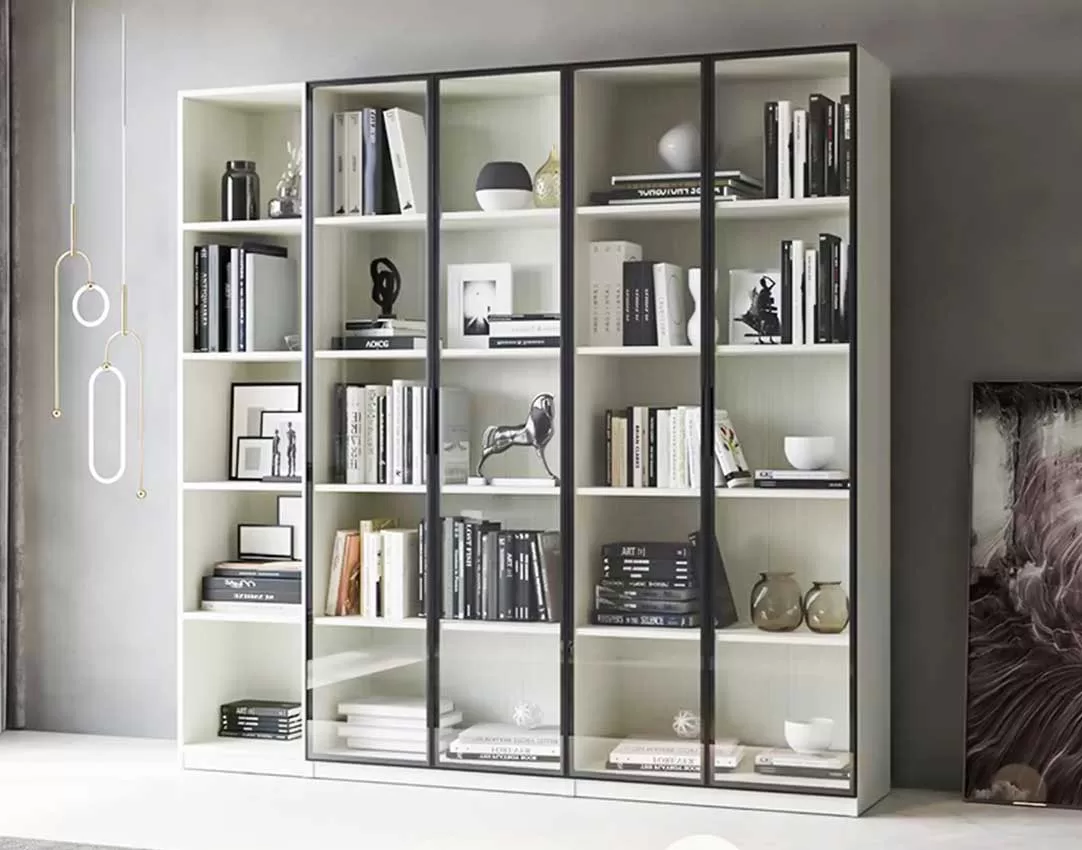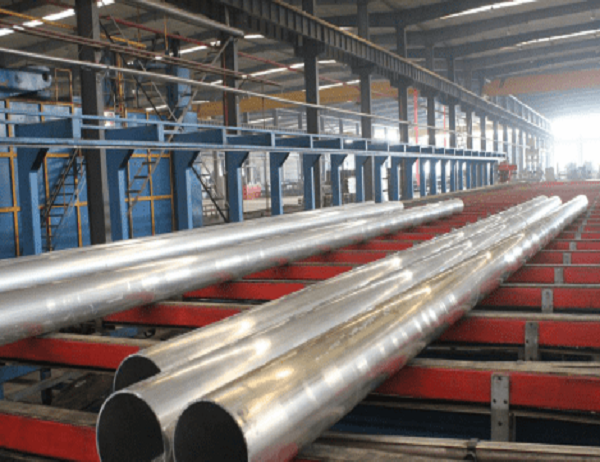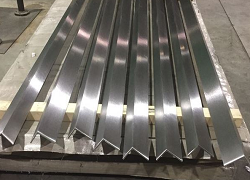In the ever-evolving industrial landscape, the utilization of cutting-edge materials is paramount. Among the most versatile and sought-after components are industrial aluminum profiles, which offer a myriad of advantages that have revolutionized modern manufacturing.
Lightweight and Durable
Industrial aluminum profiles boast an exceptional strength-to-weight ratio, making them lightweight yet incredibly robust. This combination allows for intricate structures that can withstand heavy loads without compromising stability or requiring excessive reinforcement.
Corrosion Resistance
Aluminum’s natural protective oxide coating provides exceptional corrosion resistance, making it ideal for applications in harsh environments or where exposure to moisture is a concern. This durability significantly reduces maintenance requirements and extends the lifespan of products.
Design Flexibility
Aluminum profiles come in a wide range of sizes, shapes, and alloys, enabling limitless design possibilities. This versatility allows manufacturers to create custom solutions tailored to their specific requirements, maximizing efficiency and aesthetics.
Energy Efficiency
Aluminum’s high thermal conductivity facilitates efficient heat dissipation and reduces energy consumption. This characteristic makes aluminum profiles ideal for use in heat exchangers, cooling systems, and other energy-intensive applications.
Cost-Effective
Despite their superior properties, industrial aluminum profiles offer exceptional value for money. Their lightweight design reduces shipping costs, while their durability and low maintenance requirements minimize long-term expenses.
Environmental Sustainability
Aluminum is a highly recyclable material, making it an environmentally friendly choice. Recycling aluminum profiles reduces energy consumption and minimizes waste, contributing to a more sustainable manufacturing process.
Conclusion
The benefits of using industrial aluminum profiles are undeniable. Their lightweight, durability, corrosion resistance, design flexibility, energy efficiency, cost-effectiveness, and environmental sustainability make them the ideal choice for a wide range of industrial applications. By incorporating these cutting-edge materials into their designs, manufacturers can enhance productivity, reduce costs, and create products that meet the evolving demands of modern industry.



